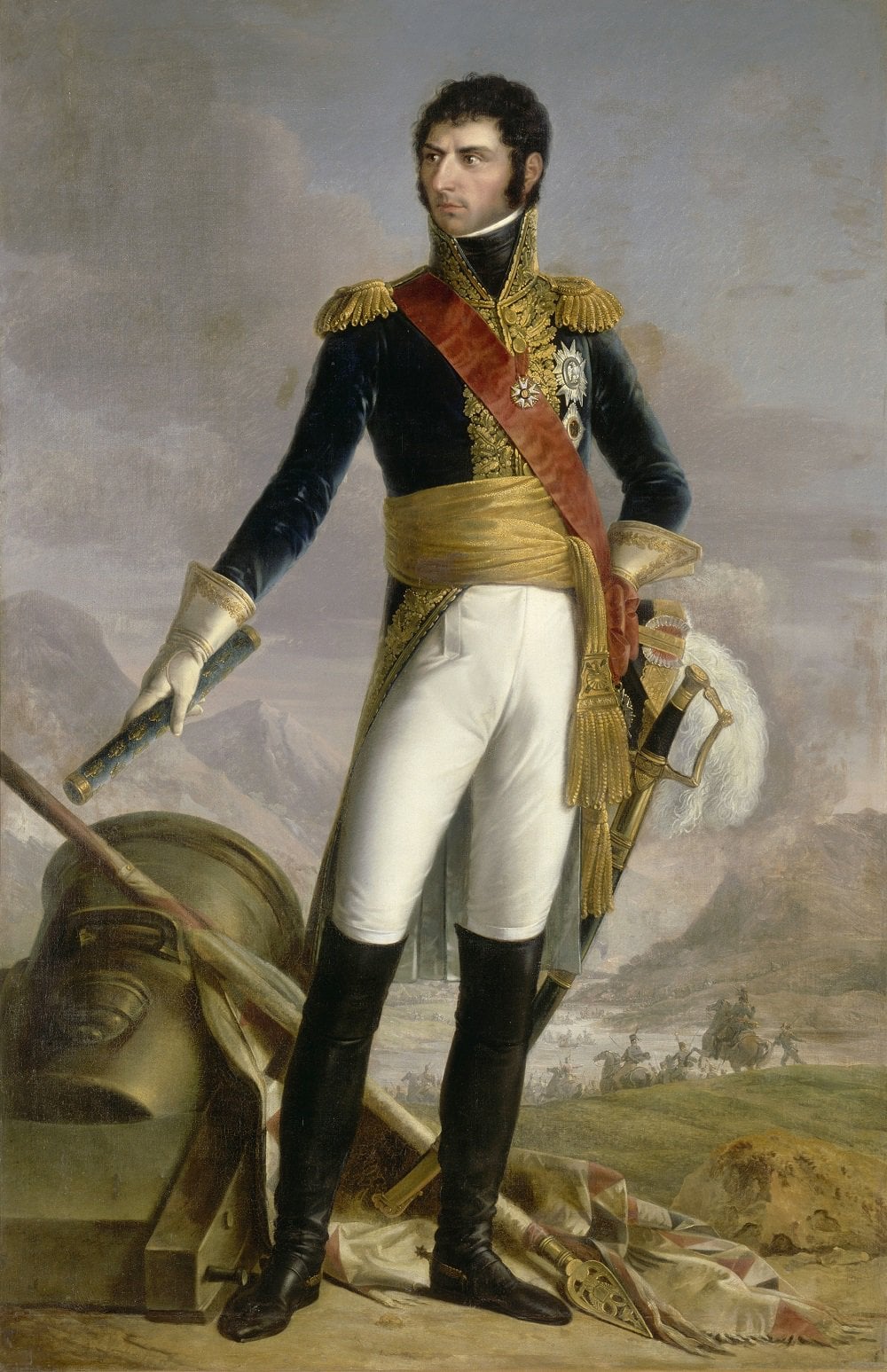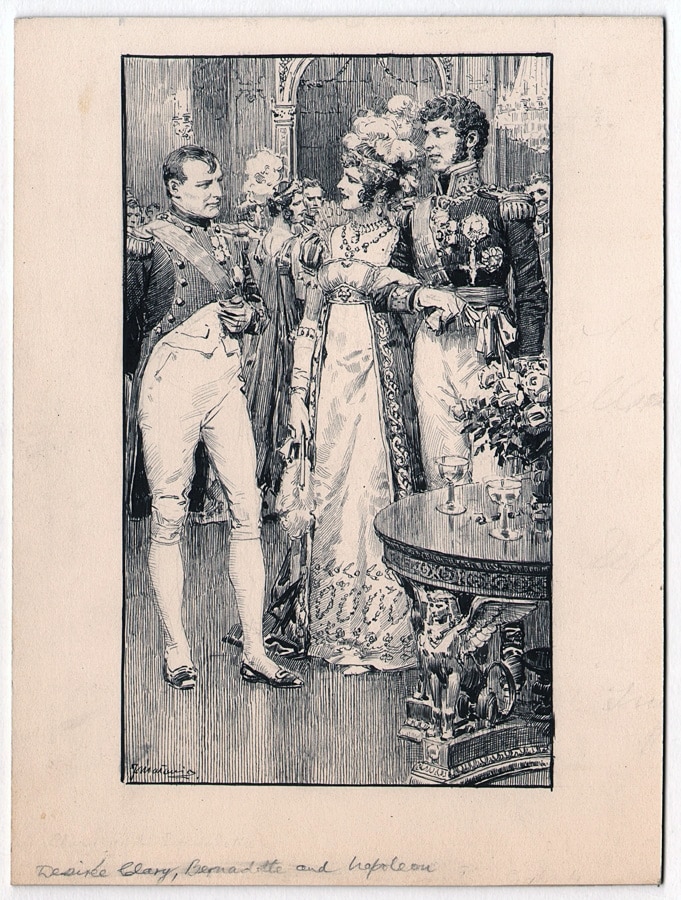
ADVERTISEMENT - CONTINUE READING BELOW
The Complicated Friendship of Bernadotte and Napoleon
Jean-Baptiste Jules Bernadotte (1763 – 1844), the son of a prosecutor, enlisted in the French army at age seventeen. In the French Revolution, he rose to general. When Napoleon Bonaparte rose to power, he granted Bernadotte high rank and honors. Bernadotte returned the favor with betrayal. At the head of a Swedish army, he helped defeat Napoleon at the Battle of Leipzig in 1813, the Napoleonic Wars’ largest and bloodiest single engagement. That defeat effectively sealed Napoleon’s fate. Years earlier, when the French Revolution erupted, Bernadotte had been an ardent supporter. Within two years, from 1792 and 1794, he was rapidly promoted from sub-lieutenant to brigadier general in the Revolutionary armies.

ADVERTISEMENT - CONTINUE READING BELOW
As he campaigned in the Low Countries, Germany, and Italy, Bernadotte developed a reputation as a disciplinarian who kept his troops under tight control. In 1796, he played a key role in the rescue of a French army in Germany from destruction after it was defeated by the Austrians, and ensured its safe retreat across the Rhine. Bernadotte first came in contact with Napoleon in 1797. The duo developed an early friendship, which eventually frayed and broke because of rivalries and misunderstandings. While relations between the two were still good, however, Napoleon recognized Bernadotte’s talents. In 1804, after his declaration of empire and Bernadotte’s declaration of loyalty to him, Napoleon appointed him a Marshall of France.

